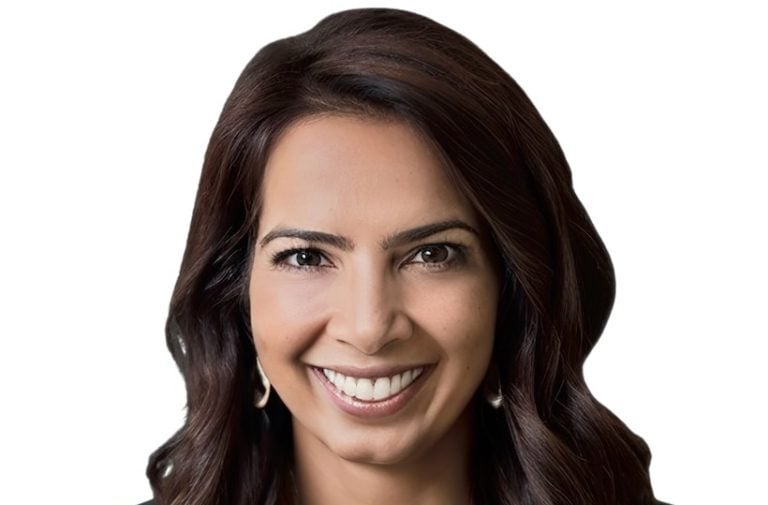Creating an estate plan for your wealth helps you take stock of today’s priorities and extends your legacy. It is a way to make your intentions clear—whether that means providing for your family, supporting philanthropic activities, or letting future generations know about your passions. It can also help to address tax issues and reduce court involvement.
While it may be uncomfortable to consider your eventual death, an estate plan is essential to benefit those who remain.
This is especially important because nearly all wealthy Americans (95%) expect to leave money or assets to their children, as do 75% of non-affluent Americans, according to Schwab’s 2023 Modern Wealth Survey.
An estate plan provides a holistic accounting of your wealth, allowing you to set the course and tone for your fortune’s future. It involves more than just dictating how your money will be dispersed or who receives power of attorney if you become incapacitated.

Consider the alternative. It took six years to settle the $156 million estate of singer Prince, who died without a will in 2016. And a jury recently decided the inheritance of Aretha Franklin, who left conflicting wills after she died in 2018. In that time, the estate dwindled from an estimated $80 million to just $6 million.
Peace of Mind
Developing an estate plan can also alleviate anxiety. In Schwab’s Modern Wealth Survey, three out of four affluent investors (77%), those with investible assets of $1 million-$10 million, reported feeling more in control of their finances with a plan in place.
Although creating an estate plan can seem intimidating or overwhelming, it needn’t be a solo endeavor. Professional advisors, family members, and friends can be part of the process. While the Modern Wealth Survey found that 78% of high-net-worth respondents with a financial plan relied on a financial advisor, 40% also received help or advice from a spouse or partner, and 15% consulted with another family member or friend.

When creating your plan, take a step back and consider some questions: Are you thinking about various scenarios? Are you looking at the plan from both an emotional and numeric standpoint? Are you aware of current tax laws? These can be challenging questions, so consider reviewing the plan with a professional.
What Is in an Estate Plan?
You may experience less anxiety if you tackle the parts of an estate plan individually. You may already have some pieces in place, such as details about ownership of bank or brokerage accounts and beneficiary designations.
Key ingredients of an estate plan include but aren’t limited to, an accounting of assets less liabilities of your estate.
First, all assets (including digital assets) should be recorded at fair market value on the date of the plan, knowing that the value will change.
An estate plan should also include life insurance proceeds, which are particularly important because there could be adverse tax implications for the estate if they’re not structured correctly. For example, although life insurance proceeds are generally exempt from federal income taxes, they are included in the estate, and the proceeds could potentially bump their value above the federal estate tax exemption level. One way to avoid this is to transfer the ownership of the policy to another person or an irrevocable life insurance trust. (Remember, however, that any transfer of life insurance policies made within three years of death is subject to federal estate tax.) An insurance or estate planning advisor can help navigate these rules.
And don’t forget to list the location of important documents, records, and safe deposit boxes (and their keys or access codes).
You should also consider the emotions of the ones you leave behind. Items with sentimental value often cause family strife, so set a distribution plan for possessions like jewelry, artwork, and family heirlooms. Your estate plan should include a list of advisors and their roles—such as a financial advisor or a tax attorney. Ensure that named trustees and executors have the appropriate time, temperament, and qualifications.
Other essential parts of an estate plan address what happens if you become incapacitated. This includes do-not-resuscitate instructions and other wishes for medical care. Make sure that you have power of attorney instructions in place. This may be a “durable POA,” which takes effect when signed and remains in place until revoked or upon death. Another option is a “springing POA” that takes effect if you become incapacitated, remaining in effect until you recover or upon death.
Hard But Important Discussions
Estate planning is also a time to talk with family members about the role they can play in carrying out your legacy.
These discussions are most impactful when you have laid a solid foundation. Simple teaching moments can always lead to discussions about choices, conflict, responsibility, gratitude, and charity. Are the values you are trying to instill reflected in the organizing principles of your family life, relationships, and experiences? The money lessons we hear as children and young adults and the behavior we witness influence lifelong decisions on spending and managing wealth.
Advisors, institutions, and other third parties can provide more formal education. The degree of sophistication and formality of these programs depends on the source, structure, and magnitude of wealth, family complexity, family member ages, roles and responsibilities. Build a base of financial knowledge and expand it to reflect wealth management and transfer plans, as well as the psychological and social aspects of being a steward of family wealth.
If your estate-planning process doesn’t include a solid foundation, consider calling a family meeting to discuss values, vision, and purpose.
Topics can include:
- How can the family continue to build and manage its wealth?
- How can the family engage with the philanthropic community?
- How should family members work as a cohesive unit to fulfill your estate plan?
- If a family business exists, how would you like to see the family engage with it?
- How will the family make decisions and deal with differences of opinion?
This plan isn’t a “set-it-and-forget-it” document. It should be reviewed annually and fine-tuned, mainly if there is a change of marital status for you or a loved one, a change in real estate ownership, or a change in the law.
Finally, consider this an opportunity to share priorities and wisdom rather than a task tied to your mortality. Such a perspective can only deepen relationships at this critical time.











